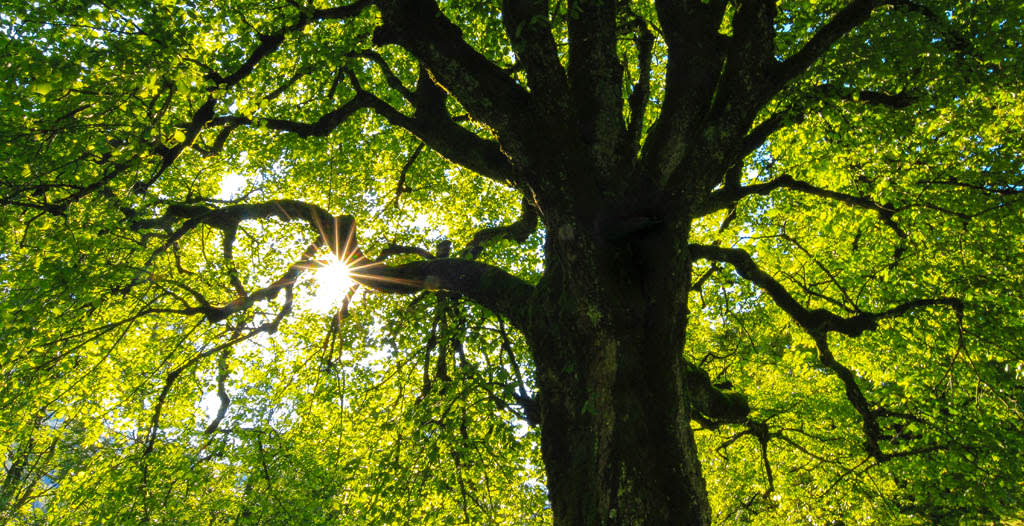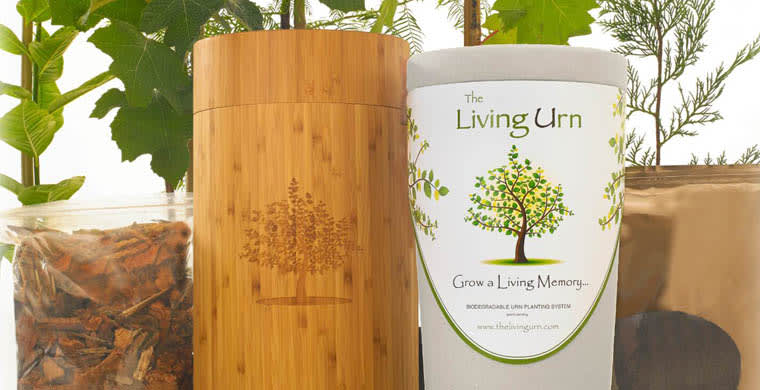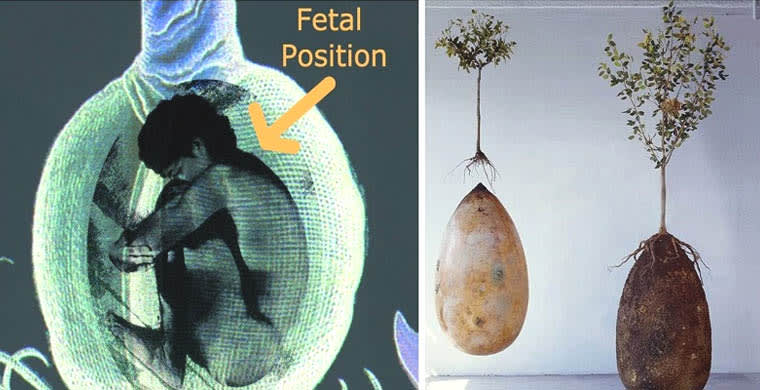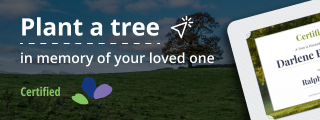
After death, we’re typically faced with a choice between burial or cremation. While traditional burial has been used for thousands of years, cremation is becoming more popular in the U.S. Both methods are widely accepted in modern society, but what if you don’t want to be buried or cremated when you die?
The following options are unique in their own right and offer interesting substitutes to the “usual” funeral and burial options prescribed by the death care industry. These alternatives may require certain advance planning, which is all the more reason to document your final wishes and consider pre-planning your funeral.
Body Donation
Donating your body to science is an excellent option for those who want to contribute to the advancement of science and medicine, and also wish to pursue an alternative to traditional burial options. Medical schools typically use human cadavers to teach students proper anatomy and surgical techniques. Some bodies are respectfully used to study diseases such as Alzheimer’s and Parkinson’s in search of a cure.
Donated bodies are also used in safety experiments to measure the impact of car crashes on humans, and in forensic studies to determine the rate of decomposition in specific environments.
Body donation can help eliminate expensive burial costs, especially for families who want to save money on funeral expenses. In most cases, the donated body is cremated and the cremated ashes are returned to the family for final disposition.
Mushroom Burial Suit
If you choose to be buried in a mushroom suit, you’ll become part of the growing green funeral movement. Luke Perry was recently laid to rest in an Infinity Burial Suit, a natural burial suit or shroud made from biodegradable mushrooms and microorganisms.
These organic materials aid in body decomposition and neutralize toxins, releasing nutrients into the surrounding environment and promoting new growth. An infinity burial suit currently costs $1,500, considerably less expensive than the average price of a casket which is approximately $2,000. You or your loved one can save costs, and contribute to the natural environment with this “green funeral” alternative to cremation.
Biodegradable tree urn

A biodegradable tree urn uses cremated remains, soil, and a seedling (or live tree) to produce a living memorial in honor of your loved one. Created from natural, eco-friendly materials that contain no preservatives, turning your loved one’s ashes into a tree only requires a biodegradable urn, and creates a natural, unique physical memorial for family members and friends to visit and honor the deceased.
Place the cremated ashes in the urn capsule, add soil mix and a seed/tree sapling, then plant the urn in a meaningful location. As the tree grows, your loved one slowly returns to nature, leaving a lasting memorial that serves as a reminder of the ever-present cycle of life.
A wide variety of these containers are available from online retailers at affordable prices, and the death care industry only expects to see more growth over the coming decades with this unique burial option.
Burial pods

Burial pods are similar to biodegradable tree urns in that the deceased’s body helps to become a tree. A burial pod is a method of green burial where a body (or cremated ashes) is encapsulated in a biodegradable pod, which is then buried and a young tree is planted above it, making this an environmentally friendly burial alternative.
The tree uses the pod’s nutrients as organic fertilizer for growth. While still more of a conceptual idea, burial pods are an environmentally-friendly option for families that prefer a natural burial without embalming. The hope is to help turn overcrowded cemeteries into natural living forests.
Alkaline hydrolysis
Alkaline hydrolysis (also known as resomation and aqua cremation) is a water-based dissolution process that uses heat, pressure, and alkali chemicals to gently break a human body down into chemical compounds. Once the process is complete, remaining bone fragments are allowed to cool and then processed into cremated ashes. These are then returned to the family in an urn.
This process uses less fuel and energy (and emits fewer emissions) than flame cremation. Though this environmentally-friendly cremation alternative is only currently available in a few states, it’s quickly becoming a viable option for those looking to leave a smaller carbon footprint by selecting this alternative to cremation or burial.
Alkaline hydrolysis prices vary (based on the location and services provided), however, the overall cost is similar to that of flame-based cremation.
Human composting
Human composting is just one of the latest natural alternatives to cremation for the deceased. Recently signed into law in the state of Washington, human composting uses “organic reduction” to convert a human body into soil.
The body is first covered with natural materials (such as straw and wood chips) and the resulting microbial activity breaks it down into clean, odorless soil that’s free of pollutants and toxins.
According to Recompose, a public benefit corporation planning to offer human composting services, the entire process is completed within a few weeks and families are able to take home soil samples for their own use.
To monitor which states have legalized human composting, you can keep up-to-date by using this tracker: https://earthfuneral.com/resources/tracker-where-human-composting-legal/
Why choose alternative cremation or burial options?
There are several reasons why someone may be attracted to alternative cremation or burial options. Everyone has their reasons, but some of the main draws that may appeal to consumers, whether for themselves or a loved one:
- A final chance to express the personality and unique wishes of the deceased
- An interest in adding to scientific or medical advancement
- Wishes to limit waste and contribute to environmental causes after death
- Desire to save on funeral costs
Funeral Pre-Planning
Death is often a tragic and overwhelming experience and it’s certainly not easy to plan a burial, cremation, or alternative disposition for the deceased. Individuals and families facing these tough decisions should consider planning their funeral or cremation in advance to get a better understanding of services and costs.








